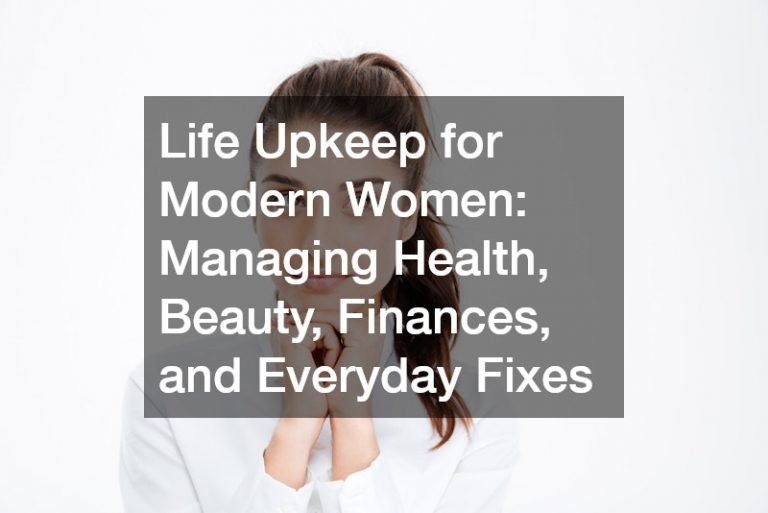In Singapore (and almost all around the globe), discriminating against an applicant based on their looks is unethical and illegal.
However, in reality, looks can still weigh a lot in both career and relationships—at least that’s what many Singaporean experts say.
The Power of Beauty
Each year, hundreds of men and women consult or seek a procedure with an aesthetic doctor to correct a physical flaw or enhance a body part, probably the brows, the eyes, or the lips.
In fact, the demand may be increasing that in 2019 alone, at least 75 plastic surgeons were registered in the country. Back in 2014, they numbered only 58.
And while the goal can range from looking and feeling good to boosting confidence, many know that beauty has power, leading to better chances of finding a good job and perhaps even relationships.
In his 2016 article in Straits Times, Kelvin Seah Kah Cheng, an economics lecturer in the National University of Singapore, said that if all other factors are even (for example, they have the same level of education, experience, race, or social status), those who are considered to be better looking are still more likely to get a job, be promoted, or have easier access to bank loans.
Moreover, they may earn more than their peers. Women deemed beautiful by others may take home 8 percent more money, while below-average-looking ladies could receive a 4 percent loss. Almost the same pattern may happen to men.
Meanwhile, in a survey among seven local HR managers, about five confessed that although looks are often not the primary reason for hiring someone, they remain a factor in the decision-making process. Further, many positions may still subtly hint applicants to appear great, especially when job ads mention words like “energetic” or “pleasant.”
Beautiful men and women may find success not only in career but also in love. In other types of research, like in the book Beauty Pays, good-looking women were also more likely to marry an attractive or highly educated man.
Locally, in a 2019 survey by Milieu Insight, among 3,000+ men and women aged 16 and above, around 70 percent of men wanted their partner to be attractive while 72 percent liked women who smelled good. Over 73 percent of women, meanwhile, preferred men who don’t have body hair. Around half of the female participants would want a good-looking guy.
What makes beauty incredibly powerful even in an age that promotes inclusivity, positive body image, and acceptance?
1. Beauty Can Speak about the Brand

Many people judge a brand or a company by the employees they hire, especially in client-facing industries like salons, restaurants, and sales. They are brand ambassadors, the local hiring managers said, and so their appearance has to be aligned with the image the company wants to display to their customers.
This is also what Kelvin explained in his article. Consumer discrimination is still happening, which means customers are likely to interact or deal with individuals with pleasing personalities,
2. Those with Better Appearance Are Viewed as Confident and Successful
People who know that they look and feel good are often confident, and companies (and even other people) can notice. And high self-esteem can become an essential factor when businesses think about leadership.
This may explain why beautiful or at least appear great overall have a much higher chance of getting promotions and handling more complex responsibilities. In turn, they receive bigger pay and more growth opportunities.
These comments and studies don’t immediately mean that Singaporean women (or even men) are insecure individuals. In fact, in one of the surveys of a brand soap, 2 percent of the women who participated described themselves as beautiful. In comparison, over 21 percent used similar adjectives like “pretty,” “good-looking,” or “attractive.”
And even if these percentages seem low, these were subjective points of view. Many women can underestimate how they look.
Moreover, in the same survey, over 50 percent shared that they were either somewhat satisfied or delighted with their beauty. The same percentage claimed that they were somewhat confident or confident about how they appear.
However, it also doesn’t hurt to enhance one’s physical image or beauty because, in the real world, it still serves as one of the standards, if not a criterion, in opening more career opportunities.
Further, when a person loves and enjoys the individual they see in the mirror, the more that they will feel more secure and confident in themselves.




